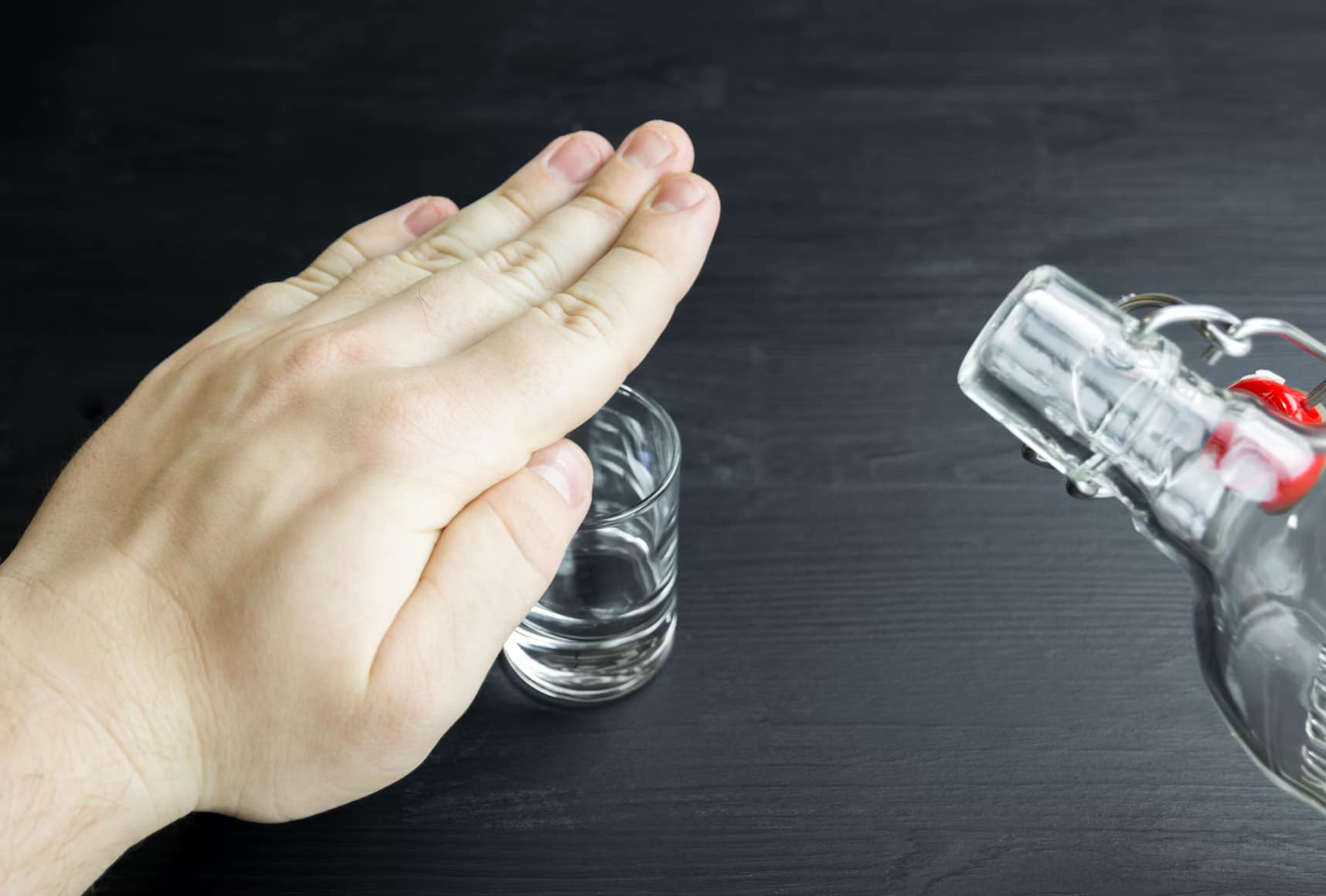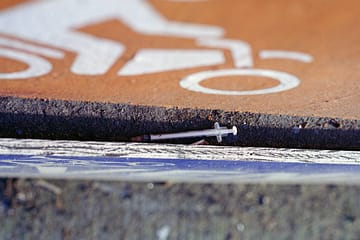Alcohol use disorder
Published by Dr. Panagopoulos on
Alcohol use disorder (alcohol addiction)
What is alcohol use disorder?
It’s the new term introduced in the latest diagnostic manual of the American Psychiatric Association for alcohol addiction (this syndrome was previously classified as 2 separate illnesses: alcohol abuse and alcohol dependence).
How is alcohol use disorder defined?
In simple words, it is defined by drinking alcohol in a problematic way which leads to impairment or distress and suffering from at least 2 of the following symptoms within the past year:
1. Drinking in larger amounts or longer periods than intended
2. Having a persistent desire / unsuccessful attempts to cut down or quit
3. Spending a lot of time in activities related to obtaining alcohol, drinking or recovering from its effects
4. Having strong cravings / desire to drink alcohol
5. Failure to fulfill major role obligations at work, school or home due to recurrent drinking
6. Continued use in spite of persistent/recurrent social or interpersonal problems due to drinking
7. Important social, interpersonal, occupational or recreational activities given up due to alcohol use
8. Recurrent alcohol use in physically, hazardous situations
9. Continued alcohol use in spite of knowing that alcohol has caused persistent or recurrent physical or psychological problems
10. Tolerance to alcohol as defined by:
a) a need for markedly increased amounts to achieve intoxication or the desired effects
b) a markedly diminished effect with continued use of the same amount of alcohol
11. Withdrawal, as manifested by either of the following:
a) The characteristic withdrawal syndrome for alcohol
b) Alcohol (or a closely related substance, such as a benzodiazepine) is taken to relieve or avoid withdrawal symptoms.
What treatments are available?
There are a few different treatment modalities including medications and psychotherapy administered by mental health professionals. In addition, there are community-based support groups, such as Alcoholics Anonymous, which are provided by peers in recovery.
What medications are approved for alcohol use disorder?
1) Disulfiram (Antabuse): Disulfiram works by interfering with the metabolism of alcohol. When an individual consumes alcohol while taking disulfiram, alcohol gets metabolized to a toxic molecule, acetaldehyde, which has serious side effects: flushing, nausea, vomiting, sweating, headache, shortness of breath, low blood pressure, palpitations, thus creating a strong aversion to drinking. Drinking while taking this medication can be life-threatening potentially. So, this medication is most effective in patients who are strongly motivated to remain abstinent. Abstinence from alcohol for 48 hours is required prior to starting disulfiram. It is very interesting to note, that this medication mainly helps because when an individual knows that they are going to get very sick if they relapse, then this knowledge helps them stay abstinent. This medication is not addictive at all.
2) Naltrexone (Vivitrol, Revia): Naltrexone is an opioid receptor antagonist that reduces the cravings for alcohol and the rewarding effects associated with drinking. It can be administered as a daily oral tablet or a monthly injection. Studies have shown that naltrexone can significantly reduce relapse rates. Side effects include local injection reactions (when using the injectable formulation), nausea, headache, dizziness, liver problems. This medication cannot be used in combination with opioids, for example if a patient is taking an opioid narcotic for pain control. This medication is also FDA-approved for opioid use disorder, ie people who are addicted to opioids, such as heroin, oxycodone, hydrocodone, making it a very good choice for people who suffer from both alcohol and opioid use disorder. People who relapse on alcohol while taking naltrexone do not get sick. Naltrexone is not addictive either.
3) Acamprosate (Campral): Acamprosate helps restore the balance of neurotransmitters in the brain that may be disrupted by chronic alcohol use. It is believed to reduce the cravings associated with alcohol withdrawal. Acamprosate is typically prescribed for patients who are abstinent and seeking to maintain that state. It is well tolerated by most people. Some people may experience diarrhea, anxiety, fatigue. People who relapse on alcohol while taking acamprosate do not get sick. One disadvantage is that it has to be taken 3 times a day. Acamprosate is not addictive either.
Thank you for reading this information about the treatment of alcohol use disorder! Dr. Panagopoulos, as a board-certified double-boarded addiction psychiatrist, is happy to help you in your recovery if you reside in New York, Texas or California. Thank you!




